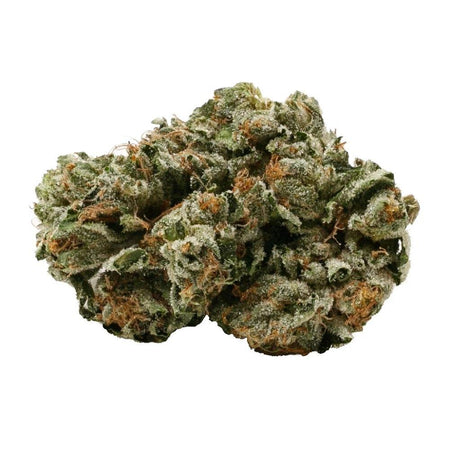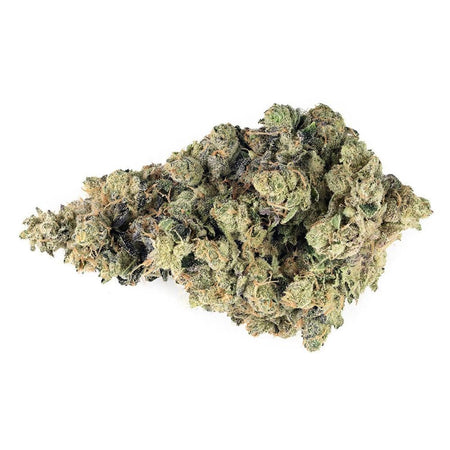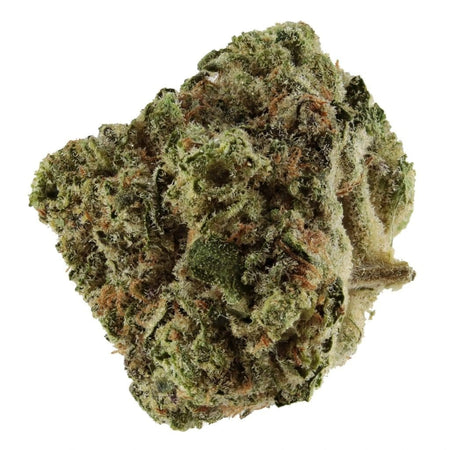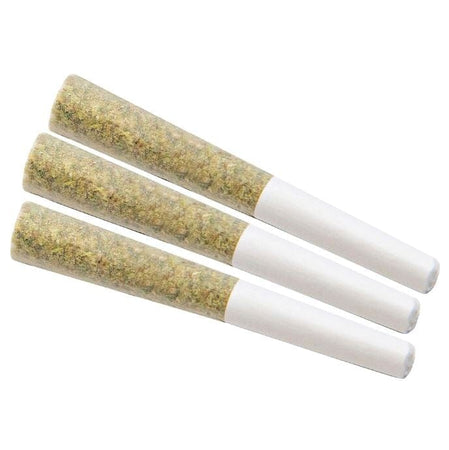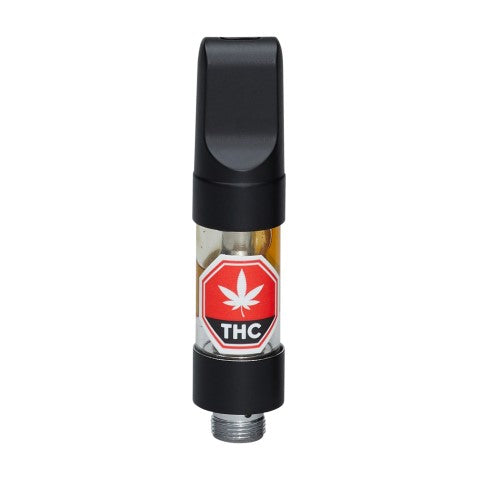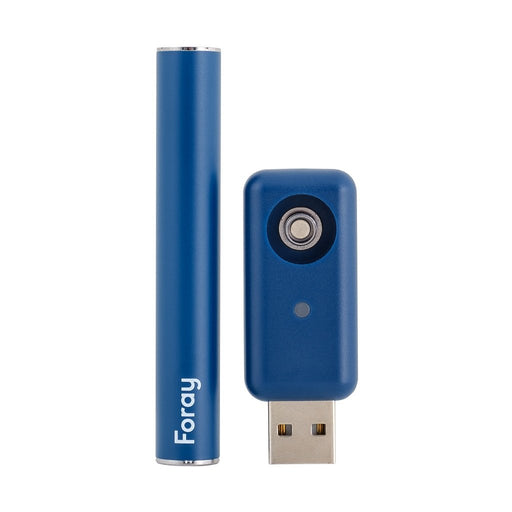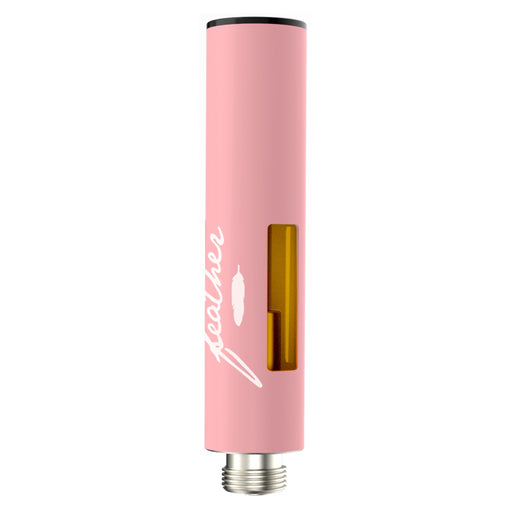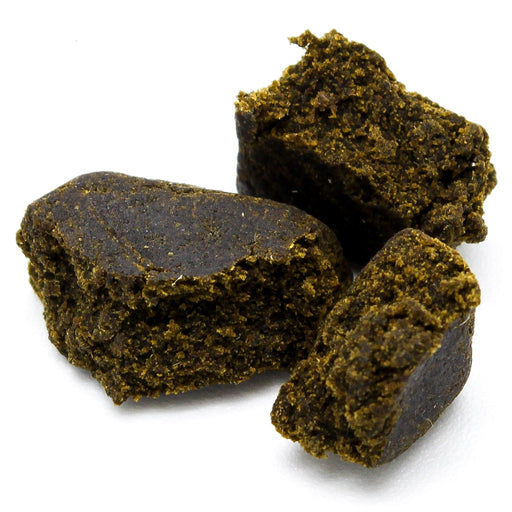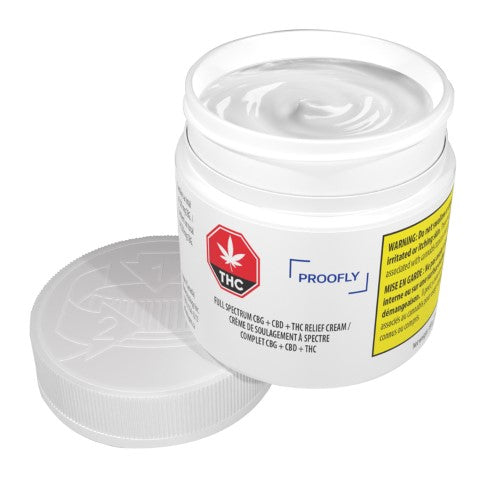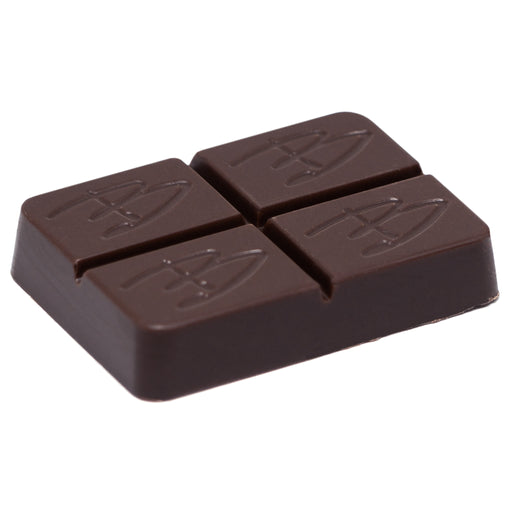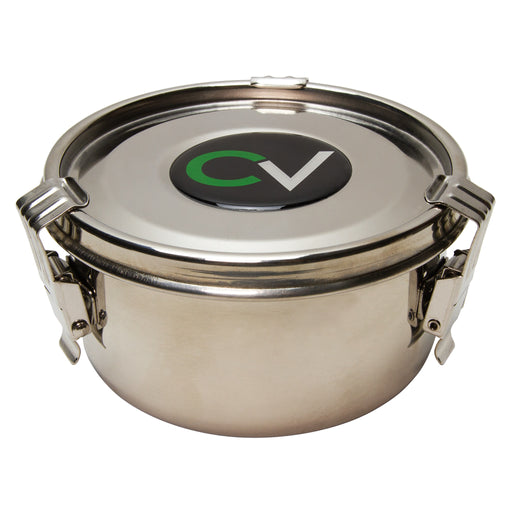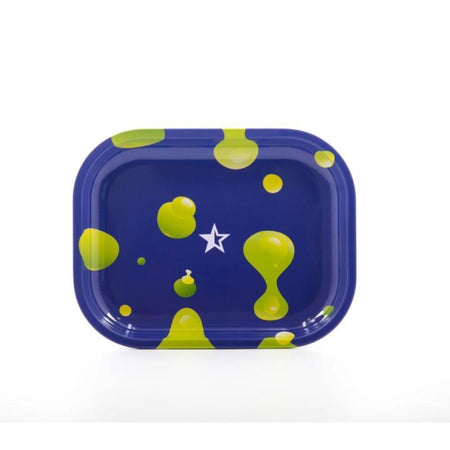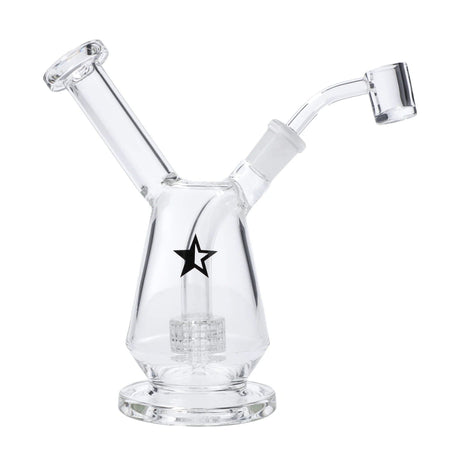What is CBN (Cannabinol)?
CBN, or Cannabinol, is a lesser-known cannabinoid found in the cannabis plant. The historical background of CBN traces back to the early 20th century when it was first isolated by scientists. Initial research into CBN was overshadowed by the discovery and study of more prominent cannabinoids like THC (tetrahydrocannabinol) and CBD (cannabidiol). However, recent interest has sparked new investigations into its unique properties and potential benefits.
Chemically, CBN is a cannabinoid that results from the degradation of THC. When THC is exposed to heat, light, or air, it undergoes a process known as oxidation, which converts it into CBN. This conversion can naturally occur over time in stored cannabis, especially when not kept in optimal conditions. Factors such as prolonged exposure to light, heat, and air can accelerate this process, increasing the CBN content while reducing the THC levels.
The legal status of CBN varies across regions, much like that of other cannabinoids. In some areas, CBN is classified similarly to CBD, making it more accessible for research and use, provided it contains minimal THC. In other regions, the legality of CBN can be more restrictive, often paralleling the stringent regulations applied to THC. As the legal landscape continues to evolve, the classification and acceptability of CBN are expected to progress accordingly.
Current research into CBN is still in its nascent stages, but early studies suggest potential health benefits and therapeutic uses. Some research indicates that CBN may possess sedative properties, making it a candidate for sleep aid applications. Additionally, CBN is being investigated for its potential anti-inflammatory, antibacterial, and neuroprotective effects. As scientific interest grows, more comprehensive studies are anticipated, which will further elucidate the full spectrum of CBN’s capabilities and benefits.
How Does CBN Affect the Cannabis Experience?
Understanding the impact of Cannabinol (CBN) requires a comparative analysis with other well-known cannabinoids such as Tetrahydrocannabinol (THC) and Cannabidiol (CBD). Unlike THC, which is highly psychoactive, and CBD, which is non-psychoactive, CBN occupies a middle ground with mild psychoactive properties. This mild psychoactivity of CBN is attributed to its origin; it is a breakdown product of THC that occurs as cannabis ages. Thus, while it can produce a slight “high,” it is generally considered far less intoxicating than THC.
One of the most notable effects of CBN is its potential sedative properties. Anecdotal evidence and preliminary scientific studies suggest that CBN may act as a sleep aid, making it beneficial for those struggling with insomnia or seeking relaxation. These sedative effects are thought to be magnified when CBN is used in conjunction with other cannabinoids and terpenes, a phenomenon known as the ‘entourage effect.’ For example, combining CBN with CBD or certain terpenes like myrcene may enhance its calming effects, providing a more comprehensive relaxation experience.
Practical incorporation of CBN into a cannabis regimen can be done through various methods of consumption, including oils, tinctures, and edibles. Oils and tinctures allow for precise dosing and are often preferred for their convenience and rapid onset of effects. Edibles, on the other hand, may offer a prolonged duration of action, which could be beneficial for sustained relief.
While CBN is generally considered safe, it is essential to be aware of potential side effects. Some users may experience drowsiness or mild dizziness, particularly at higher doses. It is advisable to start with a low dose and gradually increase as needed, monitoring for any adverse reactions. Consulting with a healthcare professional is always recommended, especially for individuals with pre-existing health conditions or those taking other medications.
